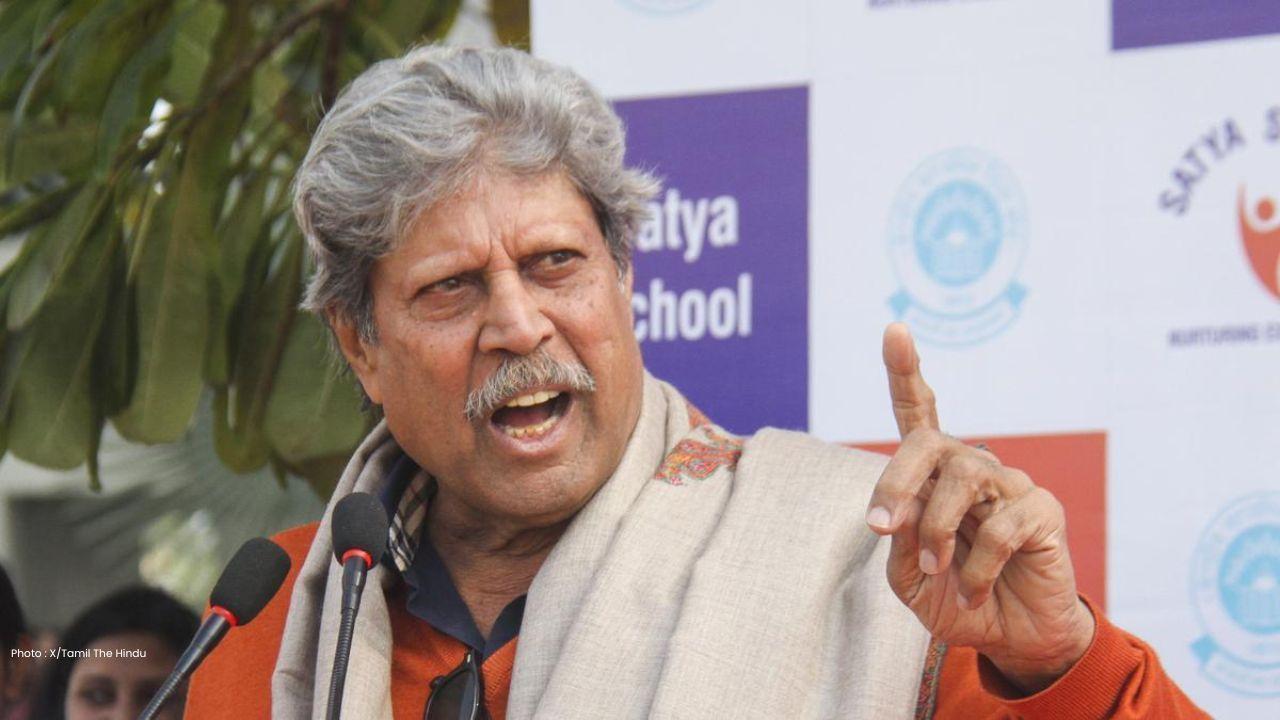
Post by : Abhinav Rana
The Asia Cup, one of cricket’s most watched tournaments, has once again found itself at the centre of off-field controversy. This time, the headlines are not dominated by the batting heroics or match-winning spells, but by something as symbolic as a handshake. The India vs Pakistan clash, always carrying more weight than just runs and wickets, sparked a heated debate after players were accused of not exchanging handshakes post-match. What could have been an innocent moment of fatigue quickly spiralled into a political and media storm. Into this noise stepped Kapil Dev, India’s 1983 World Cup winning captain, urging everyone to return their attention to the sport itself. His words carried the kind of gravitas only a legend can command, reminding fans and players alike that cricket must remain bigger than the headlines around it.
The India vs Pakistan Asia Cup match was played under immense pressure, as is the case every time these two nations meet on the cricket field. While the match itself lived up to its billing, what followed stirred more conversation than the game itself. Cameras caught several players walking past each other at the end without handshakes, and within minutes, social media was ablaze with claims of disrespect, poor sportsmanship, and political undertones. News outlets picked up the story, amplifying the debate with emotional takes. For two cricketing nations whose rivalry transcends the boundaries of sport, the absence of a handshake became an instant talking point, even overshadowing the tactical brilliance on the field.
Kapil Dev, who has seen Indian cricket evolve from its amateur days to its current global dominance, was quick to diffuse the growing fire. Speaking to the media, he urged fans, experts, and the players themselves to step away from exaggerated narratives. “It is just a handshake. Sometimes in the heat of the moment, things get skipped. The focus should always be on playing cricket, not on unnecessary controversies,” he said. His measured tone stood in contrast to the noise surrounding the incident, offering a reminder that cricket thrives when it is allowed to breathe as a sport, not as a political arena.
The intensity of the India vs Pakistan rivalry is unlike anything else in world sport. Matches are watched by millions, stadiums shake with chants, and emotions ride on every ball. With such an atmosphere, even the smallest gesture—or lack of one—becomes magnified. The handshake row fits into a long list of incidents where non-cricketing elements hijack the narrative. Experts have noted that with cameras capturing every move in high definition and fans interpreting gestures in their own way, players walk a fine line between normal human behaviour and global scrutiny.
As expected, the incident drew reactions not just from fans but also from former cricketers and analysts across India and Pakistan. Some in Pakistan claimed the gesture showed arrogance on India’s part, while several Indian commentators dismissed the accusations, calling it a manufactured controversy. Social media added fuel to the fire, with hashtags trending for hours after the match. However, a common thread emerged: many voices agreed with Kapil Dev’s stance that cricket should be celebrated for performances, not petty disputes. His intervention gave the conversation a sense of balance, even if not everyone was ready to let go of their emotions.
Kapil Dev’s appeal also highlighted a bigger issue: the way media frames India vs Pakistan cricket. Television debates, online videos, and newspaper headlines often thrive on conflict, framing narratives that inflame passions rather than cool them. In this case, the absence of handshakes was replayed repeatedly, dissected in slow motion, and presented as evidence of deeper hostilities. While media attention is inevitable in such high-stakes matches, Kapil Dev’s message suggested that it is the responsibility of the press to focus on cricketing excellence rather than off-field distractions.
Several other former players joined the chorus after Kapil Dev’s remarks. Sunil Gavaskar pointed out that such incidents happen regularly across sports but seldom attract this level of scrutiny. Wasim Akram, Pakistan’s fast bowling legend, added that handshakes should not be forced into becoming political statements. Their voices lent weight to the idea that mutual respect between players often exists beyond what cameras capture, and fans should trust the professionals to carry themselves with dignity.
The Asia Cup was conceived not just as a tournament to crown a regional champion but as a platform to foster goodwill and strengthen sporting ties across the continent. When moments like this dominate, the original spirit of the event risks being overshadowed. Kapil Dev’s words reminded stakeholders that the Asia Cup thrives on fierce but fair competition. The handshake row may have stolen the spotlight for a few days, but the tournament’s history remains built on extraordinary matches and moments of camaraderie that transcend borders.
Kapil Dev is not just a retired cricketer offering an opinion. His legacy as the leader who first made India believe it could conquer the cricketing world gives his words unmatched weight. In a time when every action is politicised, his insistence on focusing purely on cricket offers clarity. Younger players, many of whom grew up idolising him, would do well to heed his advice and remember that their responsibility is not only to perform but to uphold the game’s integrity.
The Asia Cup is far from over, and the possibility of another India vs Pakistan showdown in the knockout stages looms large. The anticipation is already building, with fans on both sides waiting to see if the next contest brings both cricketing fireworks and smoother post-match optics. Kapil Dev’s call for calm could play an important role in setting the tone. If players from both teams take the initiative to show gestures of respect, however small, it could defuse tension and remind the world why cricket remains a gentleman’s game.
At its core, cricket is about skill, discipline, and respect for opponents. The handshake row, though trivial in the grand scheme, became a mirror reflecting the pressures placed on modern players. Kapil Dev’s perspective—that the game must come first—serves as a much-needed reality check. Fans tune in to witness sixes soaring into the stands, yorkers crashing into stumps, and catches snatched out of thin air, not to debate whether a handshake occurred. His words encourage everyone to return to the basics: enjoy the game, respect the effort, and leave the noise aside.
Beyond the Asia Cup, the larger question of bilateral cricket between India and Pakistan continues to hang over the sport. Political realities have meant that the two nations meet only in multinational tournaments. This gives each encounter an added layer of intensity. While it may not be possible to separate cricket from politics entirely, moments like this show why focusing too much on off-field drama can harm the sport. Kapil Dev’s advice could resonate in broader conversations about restoring cricketing ties in a more constructive environment.
The handshake row may soon fade from the headlines, but it serves as a case study in how quickly narratives can shift in an India vs Pakistan contest. Kapil Dev’s timely intervention prevented the debate from spiralling further. His insistence that cricket, not gestures, should dominate the conversation provides a valuable lesson for fans, players, and the media. As the Asia Cup rolls on, his words should echo in stadiums and living rooms alike: celebrate the cricket, respect the players, and let the game shine above everything else.
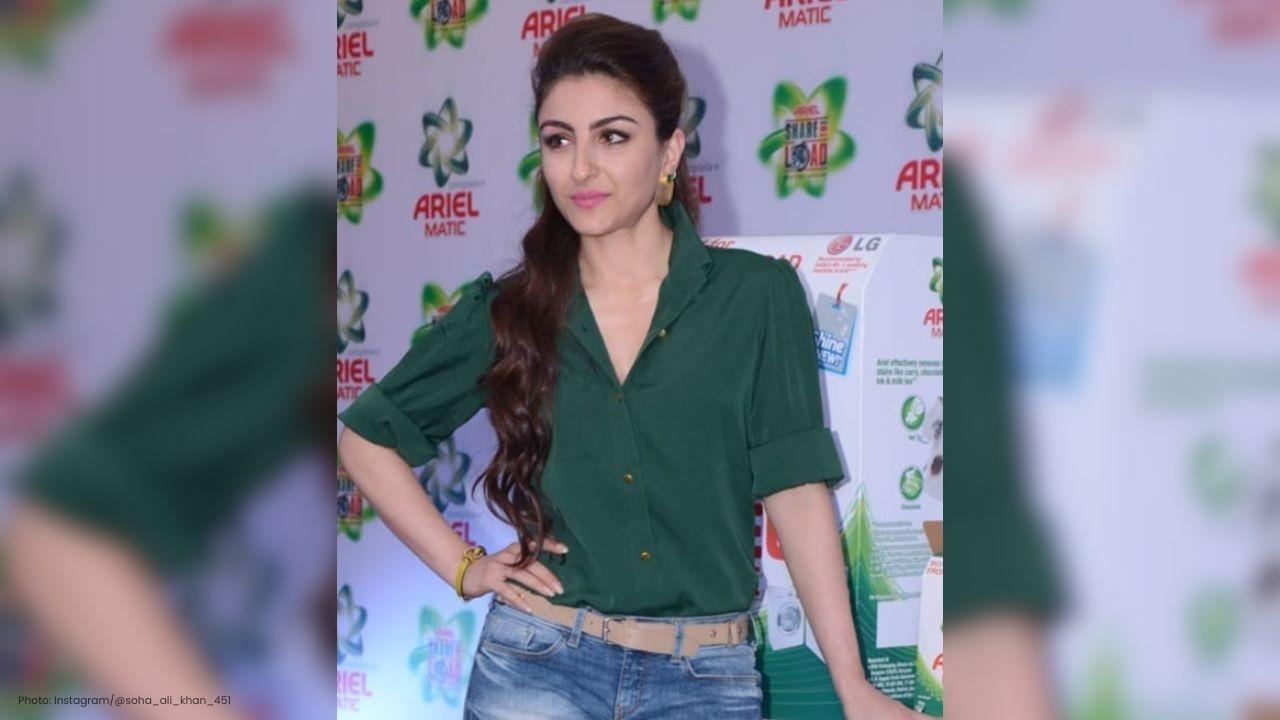





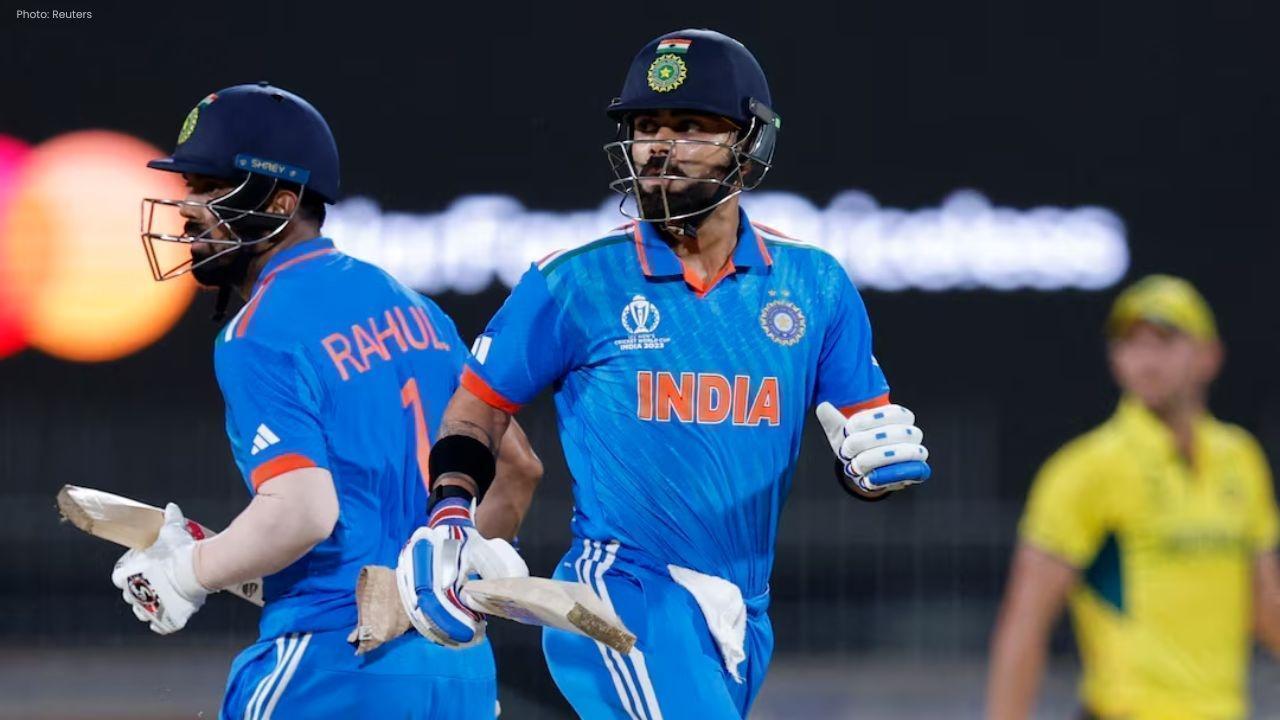


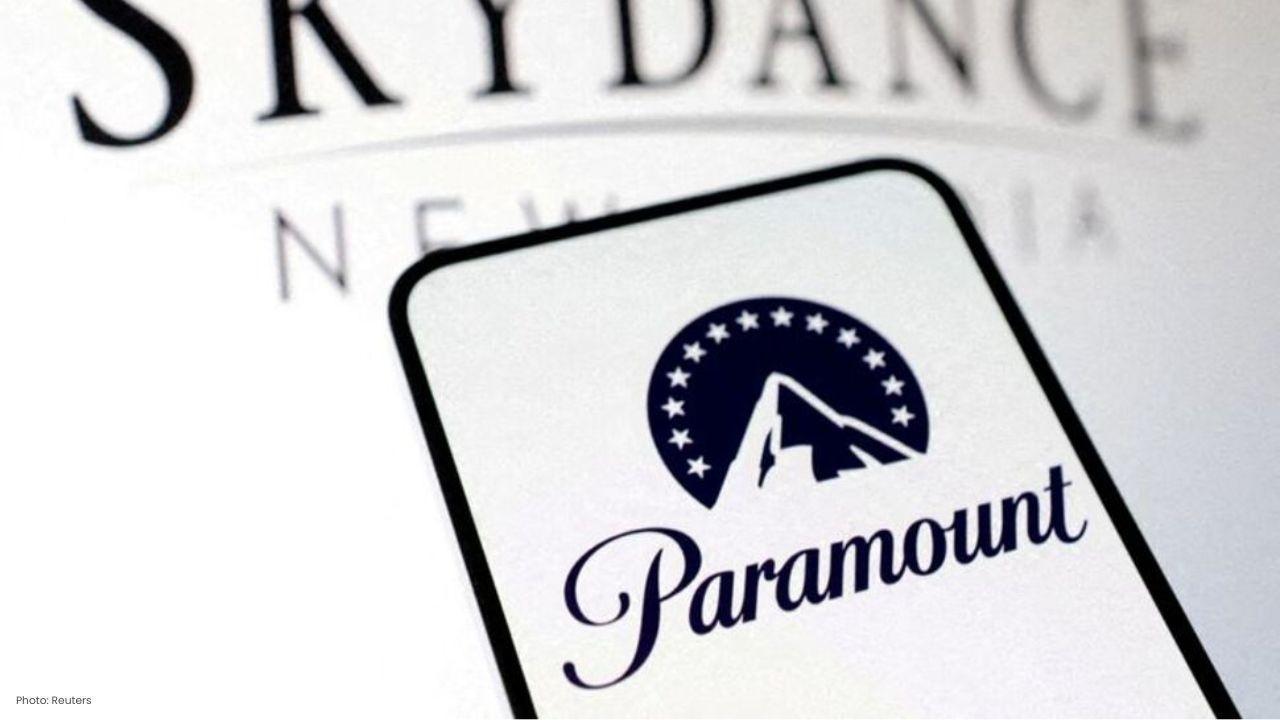
Paramount+ Wins Five-Year Deal to Stream PBR’s 'Unleash the Beast'
Paramount+ has inked a five-year streaming agreement to carry PBR's Unleash the Beast live from Dece

Zohran Mamdani's Historic NYC Win Marked by Bollywood Finale
Zohran Mamdani captured the New York mayoralty — the city's first Muslim and South Asian mayor — and
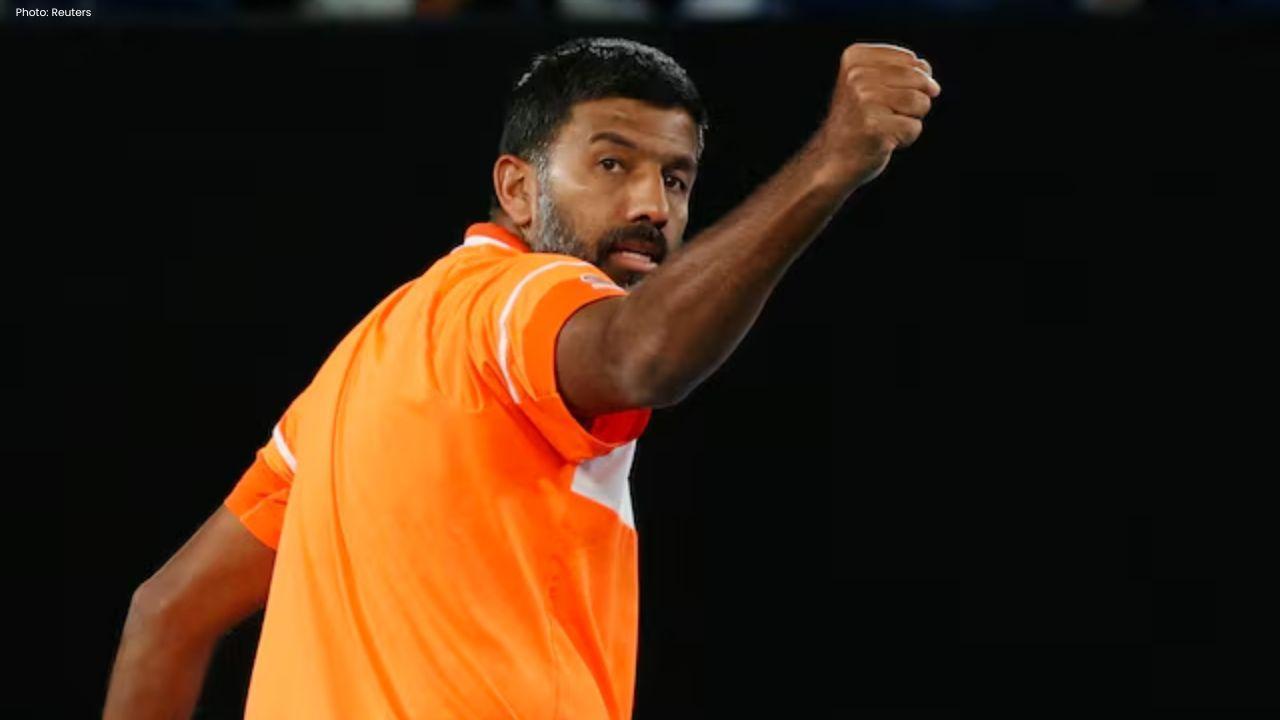
Indian Tennis Veteran Rohan Bopanna Ends Illustrious Career
Rohan Bopanna retires from tennis at 45 after winning two Grand Slams, becoming world number one, an
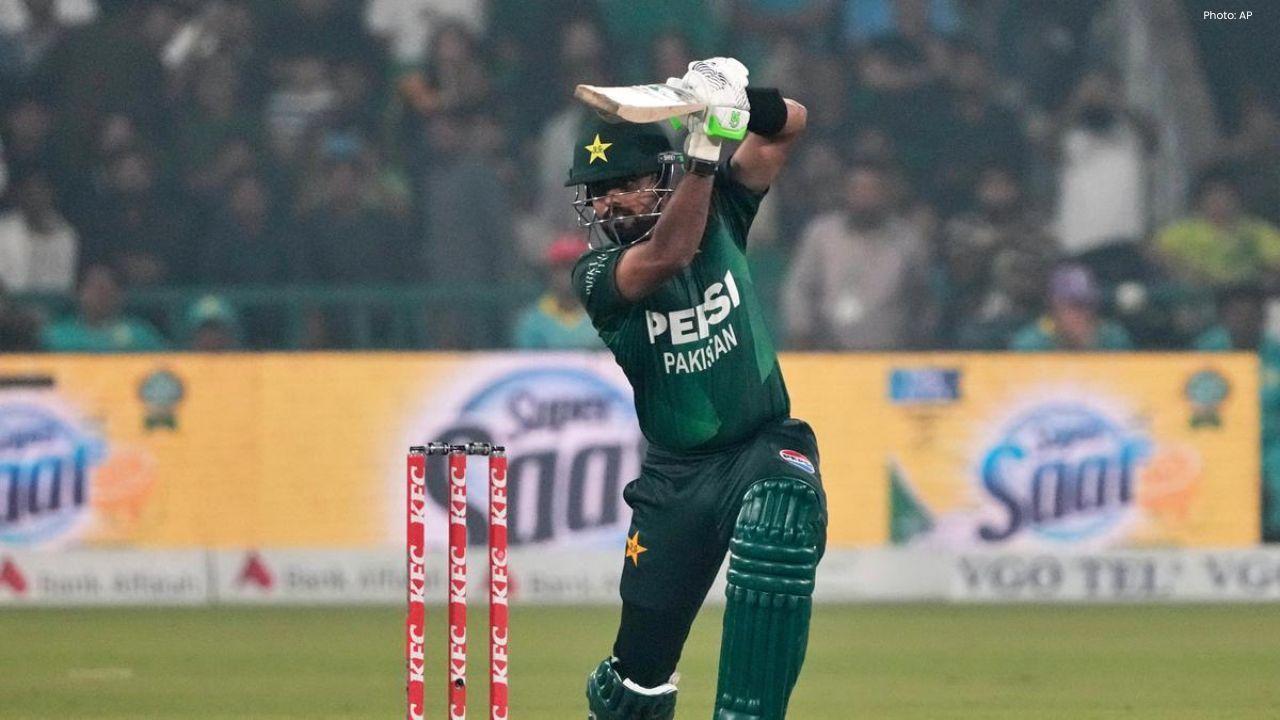
Babar Azam Becomes Top Run Scorer In T20I Cricket History
Pakistan’s Babar Azam has overtaken India’s Rohit Sharma to become the highest run-scorer in men’s T
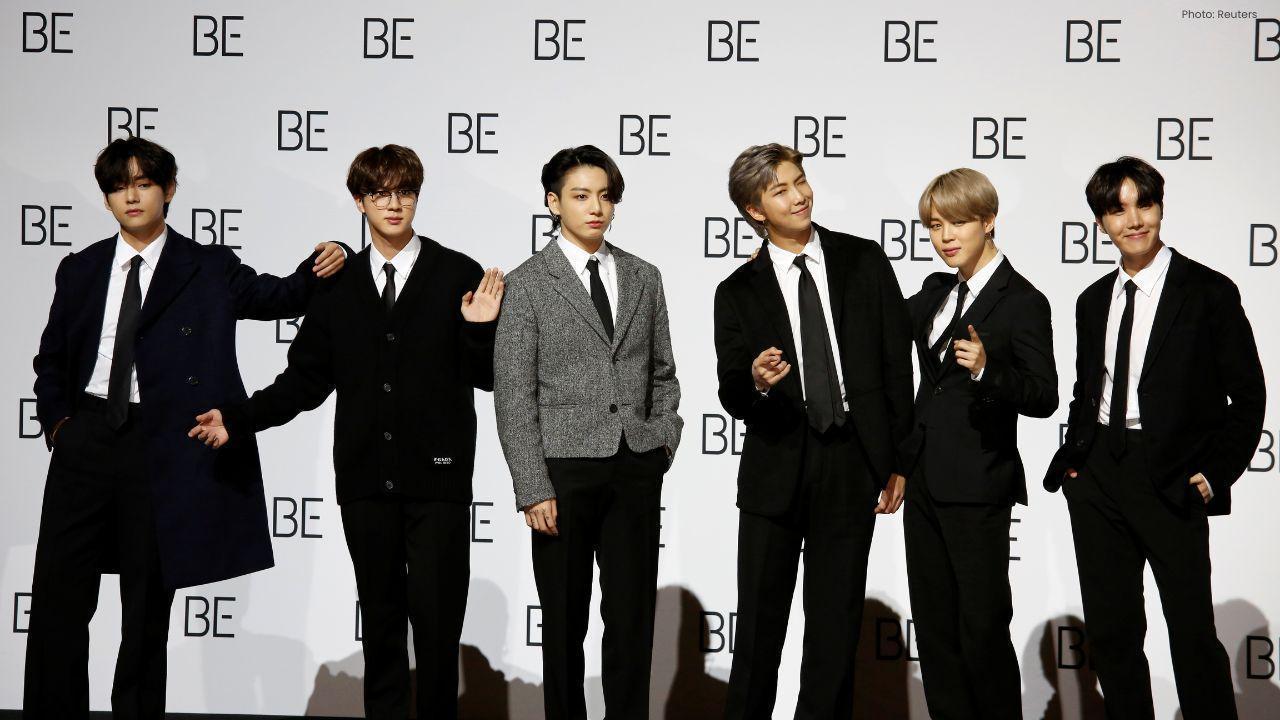
BTS Comeback 2026 Group Plans Biggest-Ever Global Tour
BTS is set for a long-awaited comeback in 2026, followed by a massive 65-city world tour. Fans hope
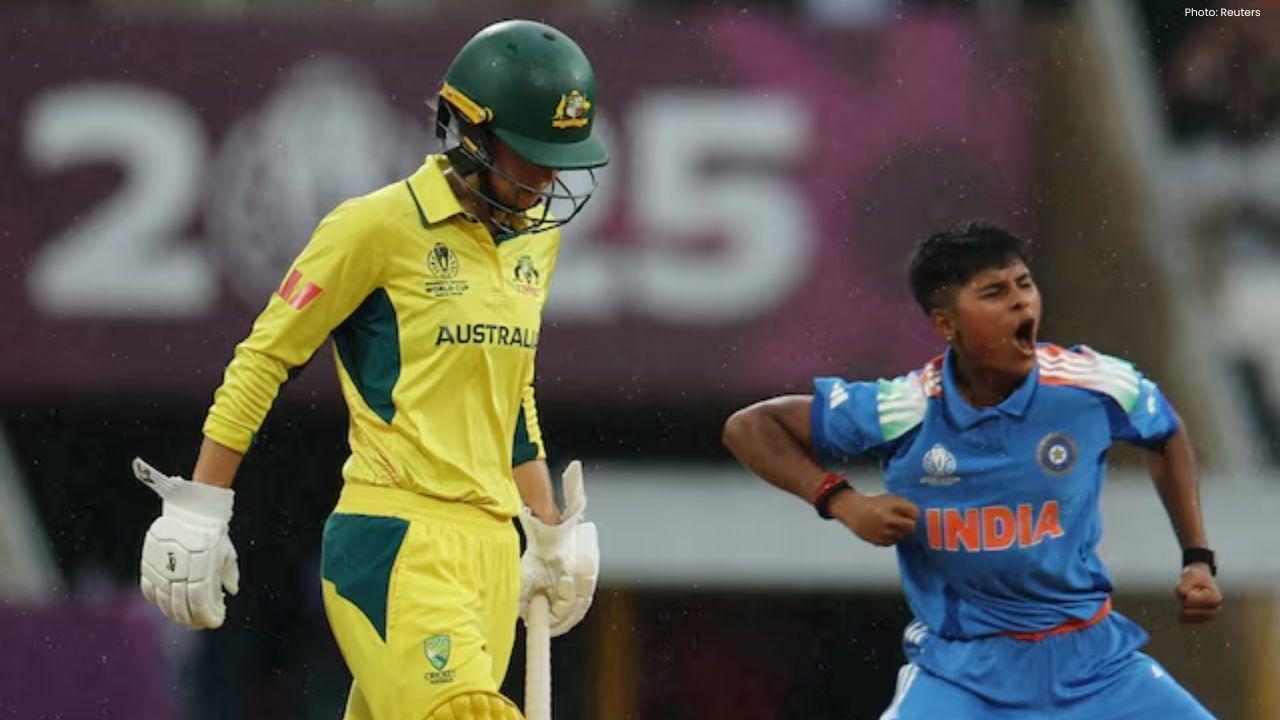
India Stuns Australia to Reach Women’s World Cup Final
India shocked seven-time champions Australia in the Women’s World Cup semi-final, chasing 339 runs w